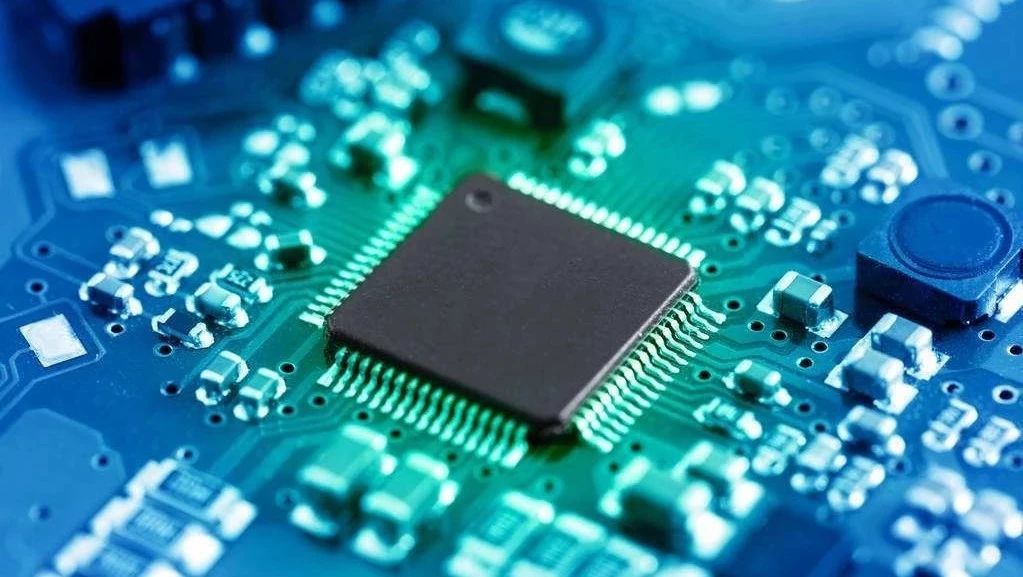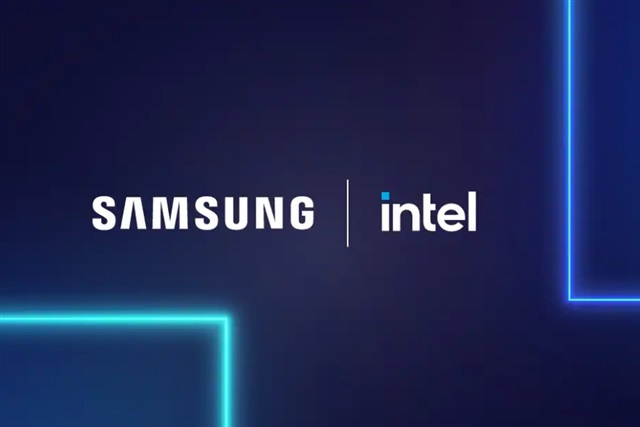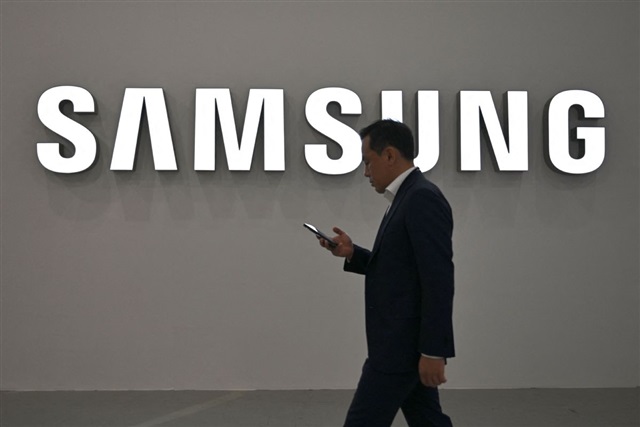The two-year chip shortage has only influenced the low-end chips so far, but that could change as semiconductor manufacturers struggle to get the equipment to manufacture more advanced processors.
The report points out that the supply gap of advanced chips is likely to reach 20% by 2024, which will have a knock-on effect on the relevant industries such as AI, high-performing computing, and self-driving cars.
Due to technical obstacles and the huge investment required, only two chip-makers, TSMC and Samsung, have the ability to produce high-end chips.
In some cases, the delivery period of new orders has been extended by two to three years. An industry insider revealed that some customers of TSMC have received warnings that equipment procurement problems may prevent the company from increasing production in the next two years.
In the face of these challenges, both TSMC and Samsung Electronics stated that they were working to avoid interference in chip production.

Source from ECCN
Stay up to date with the latest in industry offers by subscribing us. Our newsletter is your key to receiving expert tips.

Samsung is reportedly evaluating a potential European semiconductor expansion alongside its South Korea and US manufacturing base, as the region tightens local production requirements and Germany seek

Given frequent price increases across precious metals, wafer foundry services, and packaging and testing, Infineon's announcement of price increases is very telling for the market. The company wil

Nvidia has recently signaled to Samsung Electronics that it hopes to secure early deliveries of sixth-generation high-bandwidth memory, known as HBM4. At the same time, as memory makers devote an incr